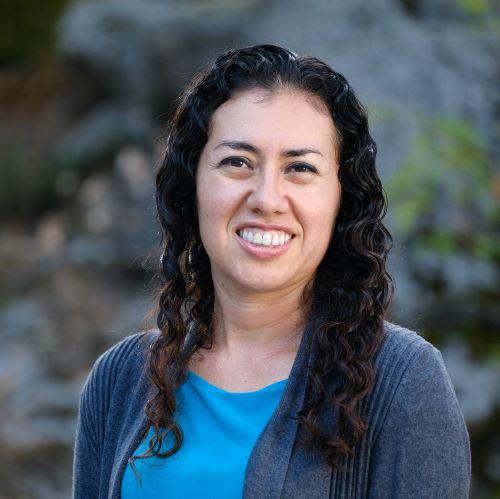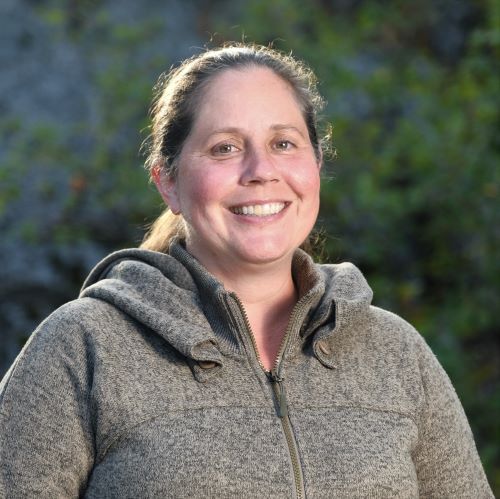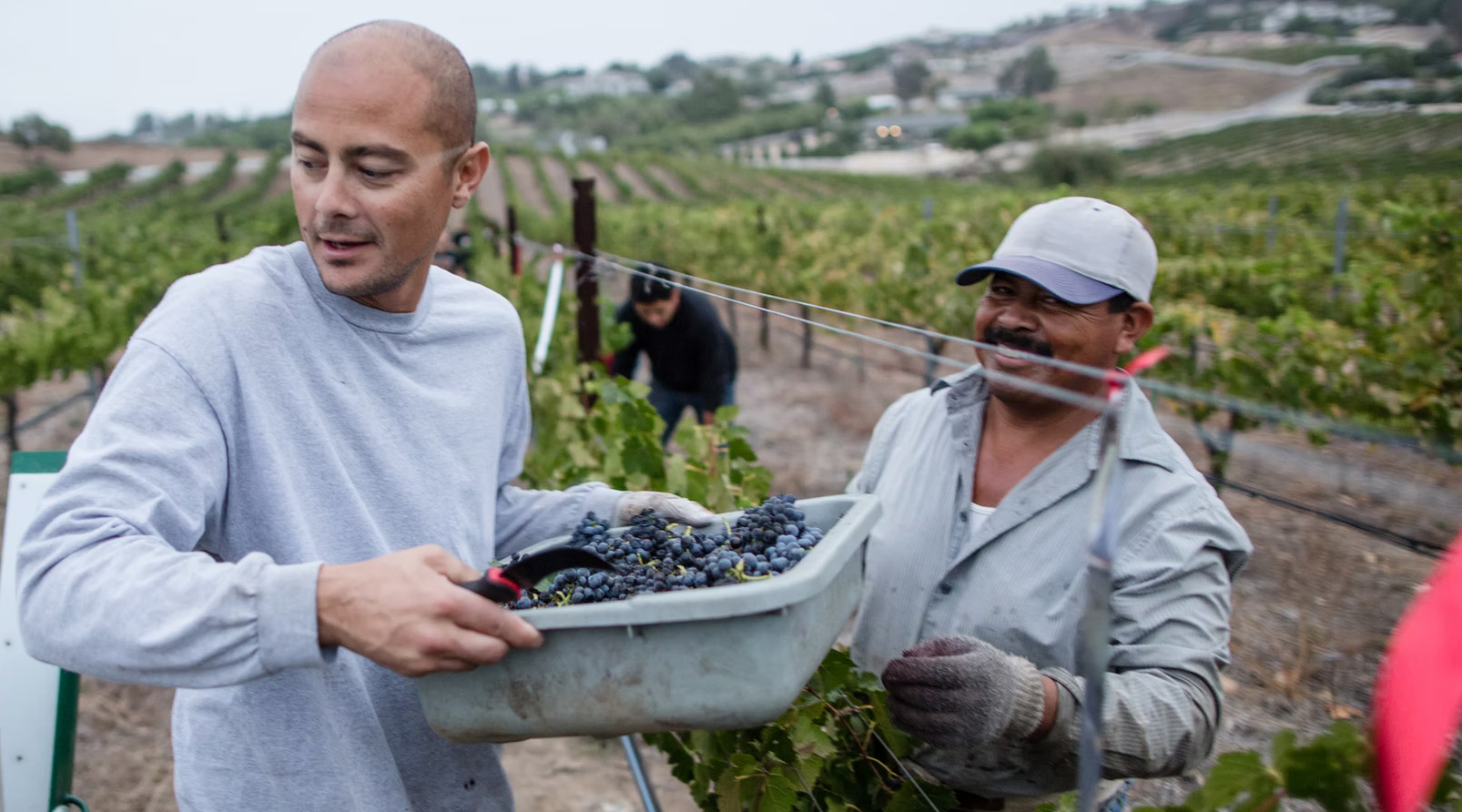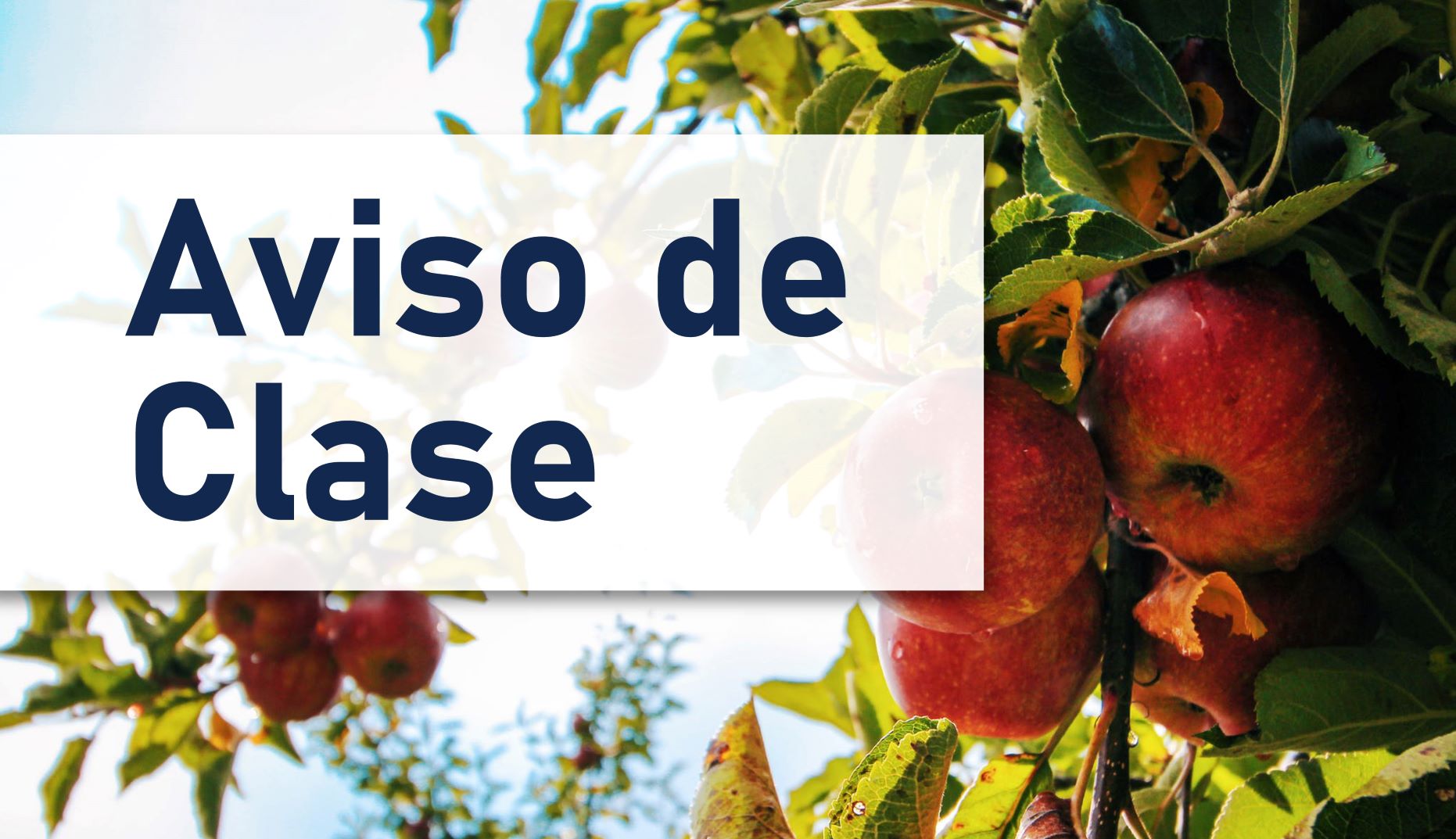Renteria v. Stemilt Ag Services
Ensuring farmworkers receive fair compensation for all hours worked in class action settlement affecting thousands.
Worker Justice – IMPACT LITIGATION
OVERVIEW
Thousands of farmworkers were hired by Stemilt, one of the largest apple, pear, and cherry growers in the country, to harvest fruit and perform other orchard tasks on a piece-rate basis (e.g. pay based on the amount of fruit picked or trees pruned). Plaintiff Omar Palma Renteria, on behalf of over 10,000 domestic and H-2A farmworkers, alleged that during 2015-2018 Stemilt failed to pay for “non-productive” hours, including for waiting time, transporting ladders and other equipment, attending mandatory meetings and trainings, and traveling between orchards and orchard blocks.
The case was initially filed by another law firm in Chelan County in 2018, just 11 days after the Washington Supreme Court ruled that piece-rate workers must be paid separately for “non-productive” work. In late 2019, the parties reached a total proposed settlement of $200,000, of which only a little over $80,000 would be paid to farmworkers. Even though only 10% of the class members filed claims, their final award would have been, on average, less than $70.
In addition to the paltry monetary payment, the proposed settlement failed to adequately notify H-2A workers who resided in Mexico and would have allowed unclaimed funds to revert to Stemilt. Further, it failed to comply with a state court rule that mandates that 50% of residual funds in a class action settlement must be disbursed to the Legal Foundation of Washington, which funds legal services to people who cannot afford attorneys.
CLS, on behalf of two H-2A workers directly impacted by the proposed settlement, Gilberto Gomez Garcia and Jonathan Gomez Rivera, CLS’s clients in another case against Stemilt (Gomez v. Stemilt), filed objections to the settlement. Based on multiple shortcomings listed above, the judge rejected the settlement and appointed CLS and co-counsel Frank Freed Subit & Thomas (FFST) as new class counsel. The case was later transferred to federal court.
In January 2021, the parties successfully mediated a $3 million settlement that provides workers with over 25 times the amount they would have received in the previous proposed settlement. Rather than the $80,250 that would have been shared by the workers, under the final settlement, they will share over $2 million from the settlement fund. U.S. District Judge Salvador Mendoza granted final approval of the settlement in September 2021. The average payment under the revised settlement is expected to be approximately $800.
Legal Documents Below
TEAM







Improving the lives of those who do the work of feeding us.

It’s that time of year when the summer bounty turns to fall flavors of pumpkin and apples and we begin to look toward spending time together with friends and loved ones. At Columbia Legal Services (CLS), we are also thinking of our clients who work so hard to fill our tables with delicious foods and drinks.
As you are deciding, “Should our Thanksgiving dessert feature apples, pears, or cherries?”, reflect on the true cost of this bounty from Washington State. Agricultural jobs are among the most hazardous in the U.S. labor market, and farmworkers suffer high rates of wage and hour violations. And a quarter of agricultural workers in Washington State are foreign workers on H-2A visas with more limited legal protections and are more vulnerable to wage theft due to their immigration status.
In spite of this reality for farmworkers, here’s something to be thankful for: We’re pleased to share with you a recent victory on behalf of farmworkers. Stemilt Ag – one of the largest growers in Washington – hired 10,000 piece-rate farmworkers to pick tree fruit in its orchards. But, Renteria v. Stemilt plaintiffs alleged, Stemilt had not paid the workers for “non-productive work,” such as attending mandatory meetings, moving ladders, wait time before and after picking fruit, and traveling between orchards and orchard blocks.
The case was originally filed by another firm in 2018, and without conducting formal discovery and with minimal contact with class members, plaintiffs’ attorneys reached a proposed settlement for only $200,000.
We were appalled when we learned of the proposed settlement during a separate case, Gomez v. Stemilt, in which we represent two people who are also members of the Renteria class. Not only would the 10,617 class members have received an average of $10 each, the settlement also failed to provide adequate notice to class members in Mexico.
We stepped in and filed objections to the proposed settlement in this case. The judge rejected the settlement and appointed CLS and co-counsel Frank Freed Subit & Thomas to represent the class of workers.
This summer, a federal court approved a $3 million settlement, and we have been working ever since then to get payments to workers. Through our efforts, three times as many workers filed claims and will receive payment, and each class member who filed a claim will receive 80 times what they would have under the previous proposed settlement – money that belongs to workers and will support their families.
We don’t just go through the motions; we follow through to make sure workers actually get the wages they are due. We believe in improving the lives of the workers who do the work of feeding us. When we stand together as a community against injustice, we all benefit.

